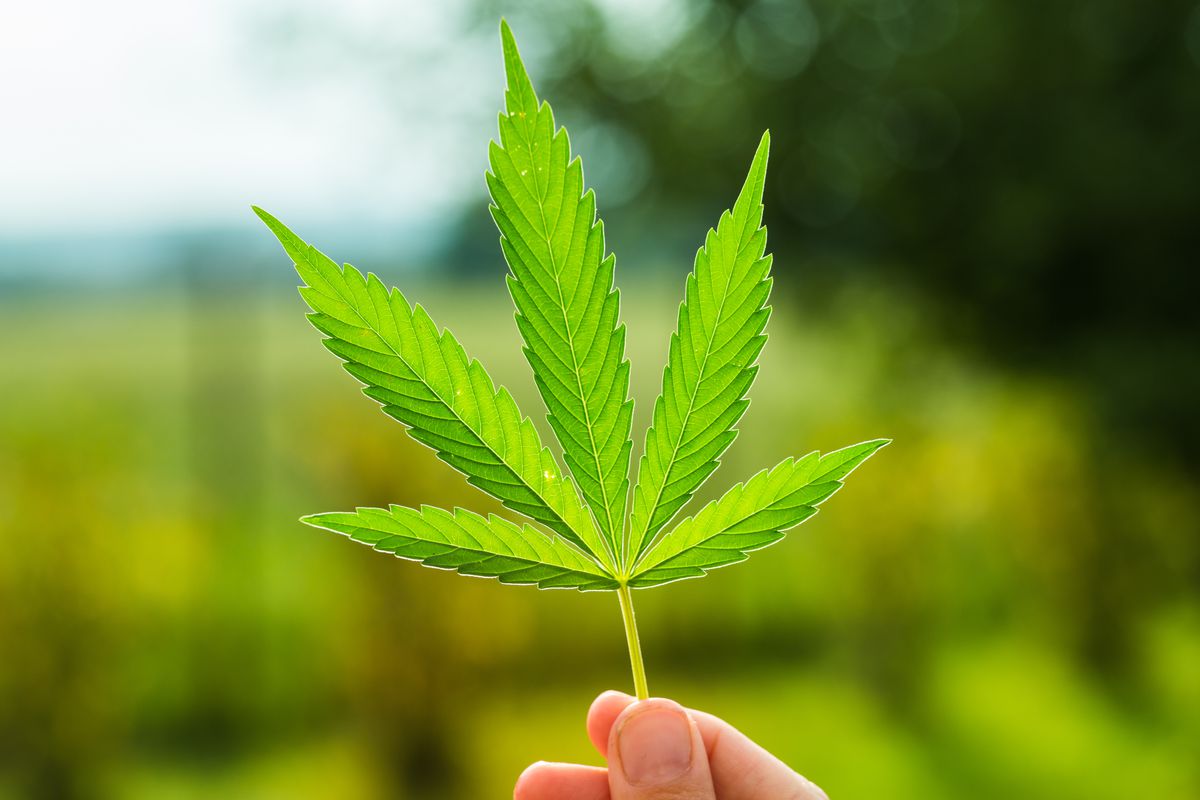
Two bipartisan bills to end the federal prohibition on cannabis and study the effects of legal marijuana were introduced in the House of Representatives on Thursday by Rep. Tulsi Gabbard, a Democrat from Hawaii, and Rep. Don Young, an Alaska Republican. The first bill, the Ending Federal Marijuana Prohibition Act of 2019, would remove cannabis from the federal list of controlled substances and allow states to enact their own regulations. The Marijuana Data Collection Act of 2019 would mandate research to study the effects of legal medical and recreational cannabis, including the impact on state revenues, public health, substance abuse and opioids, criminal justice, and employment.
Gabbard and Young were joined by groups advocating for reform of federal cannabis policy in front of the Capitol in Washington, D.C. on Thursday to announce the legislation. At the press conference, Gabbard said that the prohibition of marijuana has done more harm than good.
“Our archaic marijuana policies– based on stigma and outdated myths–have been used to wage a failed War on Drugs,” Gabbard said. “Families have been torn apart, communities left fractured, and over-criminalization and mass incarceration have become the norm. In 2017 alone, our country arrested 600,000 people just for possession of marijuana. Our bipartisan legislation takes a step toward ending the failed War on Drugs, ending the federal prohibition on marijuana, and ensuring that our policies are guided by facts and the truth.”
Young said that is time for the states to take the lead on cannabis regulation.
“I am a passionate supporter of a states’ rights approach to cannabis policy. For too long, the Federal government has stood in the way of states that have acted to set their own marijuana policy, and it is long past time Congress modernized these outdated laws,” said Young. “Since Alaska legalized marijuana, I have heard from many constituents – including small business owners – who have been impacted by archaic Federal marijuana policy that criminalizes them for selling marijuana-derived products otherwise legal under state law.
Bills Reflect Public Opinion
Mason Tvert, spokesperson and media relations director for the Marijuana Policy Project, told High Times that the bills would bring federal policy in line with public opinion.
“There is clearly an unprecedented level of enthusiasm for marijuana policy reform at the federal level. As these latest bills and others demonstrate, the momentum and support are building on both sides of the aisle,” Tvert said. “This is commonsense legislation that reflects the opinion of most U.S. voters that cannabis should be legal, it should be studied, and the federal government should refrain from interfering in such efforts.”
Eric Goepel, the founder and CEO of the Veterans Cannabis Coalition, said that the bills will help those dealing with the results of their military service.
“There have been over 100,000 veteran suicides and overdoses in the last 15 years. Millions of veterans have been prescribed, both in the VA and private health, cocktails of addictive and toxic drugs without evidence or alternatives,” Goepel said. “In their own words, veterans will tell you how cannabis has provided relief and hope when nothing else worked. If it helps veterans, it can help all Americans. The time is long past due to end this 80-year injustice and dismantle prohibition.”
The Ending Federal Marijuana Prohibition Act is similar to legislation re-introduced in the Senate last week by Democratic Sen. Cory Booker of New Jersey. His bill, the Marijuana Justice Act, would also exempt cannabis from the Controlled Substances Act. The measure would also expunge cannabis possession convictions from criminal records and provide resources for re-entry support and job training for offenders.















